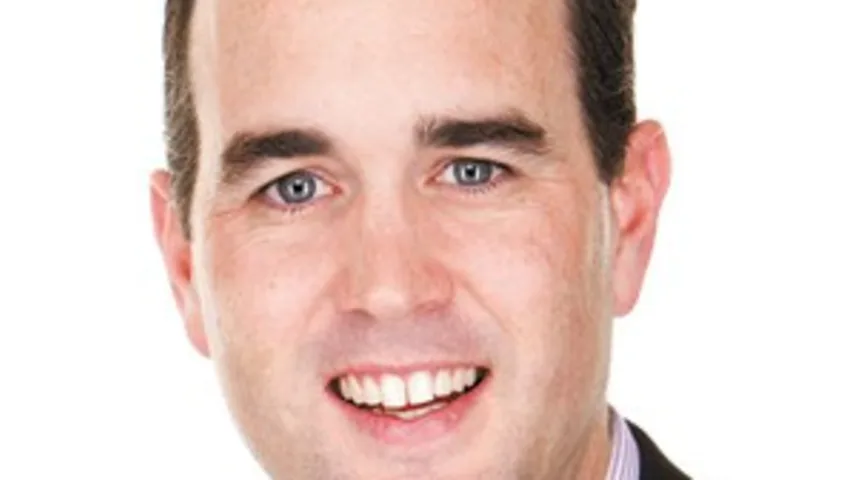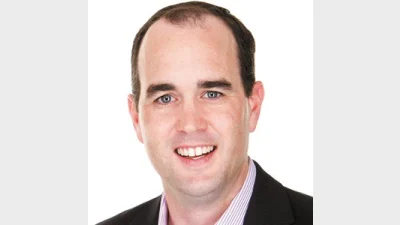Accountants weigh SMSF licensing issues



With the limited licensing regime for accountants set to begin on 1 July this year, self-managed superannuation fund (SMSF) specialists are weighing up their options.
According to a poll of 350 accountants conducted last week during an SMSF Academy webinar, 36 per cent of accountants plan to become licensed ‘on or about 1 July 2012'.
With the accountants' exemption set to expire on 30 June 2016, accountants who advise on SMSFs have three years from 1 July 2013 to transition to a limited licence.
According to managing director of the SMSF Academy Aaron Dunn, the SMSF advice space has become such a specialist area that it is unsurprising there will be so many "early adopters".
But whether accountants will choose to act as an authorised representative of a financial services institution or simply apply for their own licence through the Australian Securities and Investments Commission (ASIC) remains to be seen.
Acting as an authorised representative may be too restrictive as far as what can be advised upon; but on the other hand, operating with a slightly more expansive ASIC licence could create a higher compliance burden.
According to the SMSF Academy poll, 47 per cent of accountants are ‘unsure' about the licensing route they will take.
Andrew Yee, an SMSF specialist at the accounting firm HLB Mann Judd, said he would most likely become licensed under his company's licensee Lonsdale.
"I would suspect most generalist accountants who do a lot of SMSFs would just be authorised representatives or get a very limited licence," said Yee.
SMSF Professionals' Association of Australia (SPAA) chief executive Andrea Slattery said her organisation is focusing on educating accountants about the way they can structure their businesses under different licensing arrangements.
"We've got a program where any accountant can find out how they can structure an SMSF practice and how they can structure a licensing arrangement," she said.
Some accountants have been in the specialist SMSF space for a long time and have already become fully licensed to provide financial advice - and for some it was an expensive undertaking, said Slattery.
"It cost sole practitioners upwards of $20,000 to $50,000 per annum to do it in their first year to meet their compliance burden," Slattery said.
"You're [also] getting people who are perhaps entering the market now and may not be fully cognisant of how to set up these kinds of practices," she said.
SPAA technical director Peter Burgess said a lot of accountants are holding off on making a decision about how they will be licensed until there is more clarity about the compliance issues.
"That's why we'll be rolling out education about limited licensing and what it means, and dealing with issues like Statements of Advice and what the requirements will be," he said.
Recommended for you
A Victorian accounting firm – in which Count holds a 40 per cent equity stake – has announced the acquisition of an accounting client book through a $1.4 million transaction.
Australian Ethical has reported its net profit after tax (NPAT) fell 15% to $9.6 million for the year ended 30 June, while its underlying profit after tax (UPAT) declined 7% compared with the year prior, to $10.3 million.
Insignia Financial has announced a 59% increase in its underlying net profit after tax (UNPAT) to $234.5 million in FY22.
Having completed their educational qualifications, those advisers who remain in the industry are reporting being “run off their feet” with new clients.











